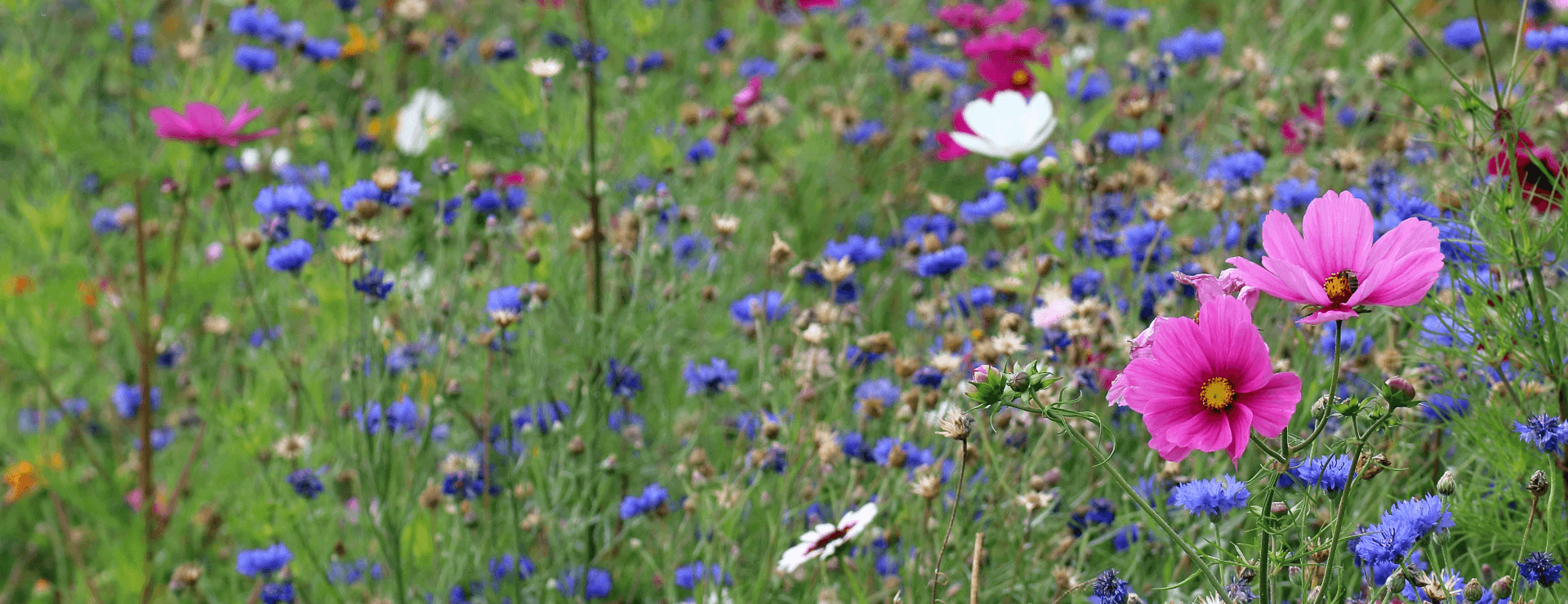The Journey to Organic Certification
Despite being small, we have large ambitions to prove that a small, mixed, regenerative farm can be viable. In order to prove it, we need to have external checks in place that convince others that we are actually doing what we claim. The Soil Association provides that third party rigour for how we grow our food.
Any distraction from the focus of making it work has to be considered carefully. We chose organic certification with the Soil Association after such deliberations. As we’re a small team, we could probably have spoken to our clients about how we farm organically even if we are not certified and most would have understood but as our goal is to show that small farms can be good we decided to make it official.
We are going through our organic conversion
We have followed regenerative and organic principals from the start but gaining a Soil Association organic certification is a two-year conversation process which we are aiming to complete in spring 2024.
What does being organic really mean?
Organic farming means using systems that sustain and enhance the health of the soil, plants, animals, ecosystem and people. Farming practices should be based on living ecological systems and cycles and consider the health and wellbeing of current and future generations and the environment. Fairness is also a key principal of organic agriculture which should build relationships that ensure fairness to the common environment and all life opportunities. Organic farming affects the quality of the food we eat and has scientifically proven health benefits1.
- Baudry J, Méjean C, Péneau S, Galan P, Hercberg S, Lairon D, Kesse-Guyot E. Health and dietary traits of organic food consumers: results from the NutriNet-Santé study. Br J Nutr. 2015 Dec 28;114(12):2064-73. doi: 10.1017/ S0007114515003761. Epub 2015 Oct 2. PMID: 26429066 and https:// www.europeanorganiccongress. bio/wp-content/uploads/2022/06/ European-Organic-Congress-2022_ Denis_Lairon.pdf ↩︎

